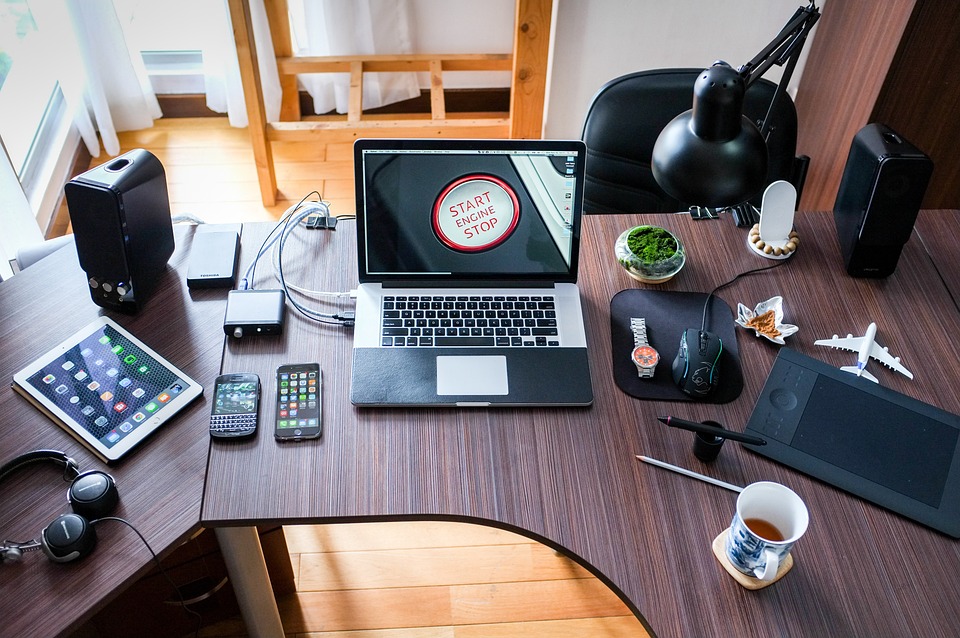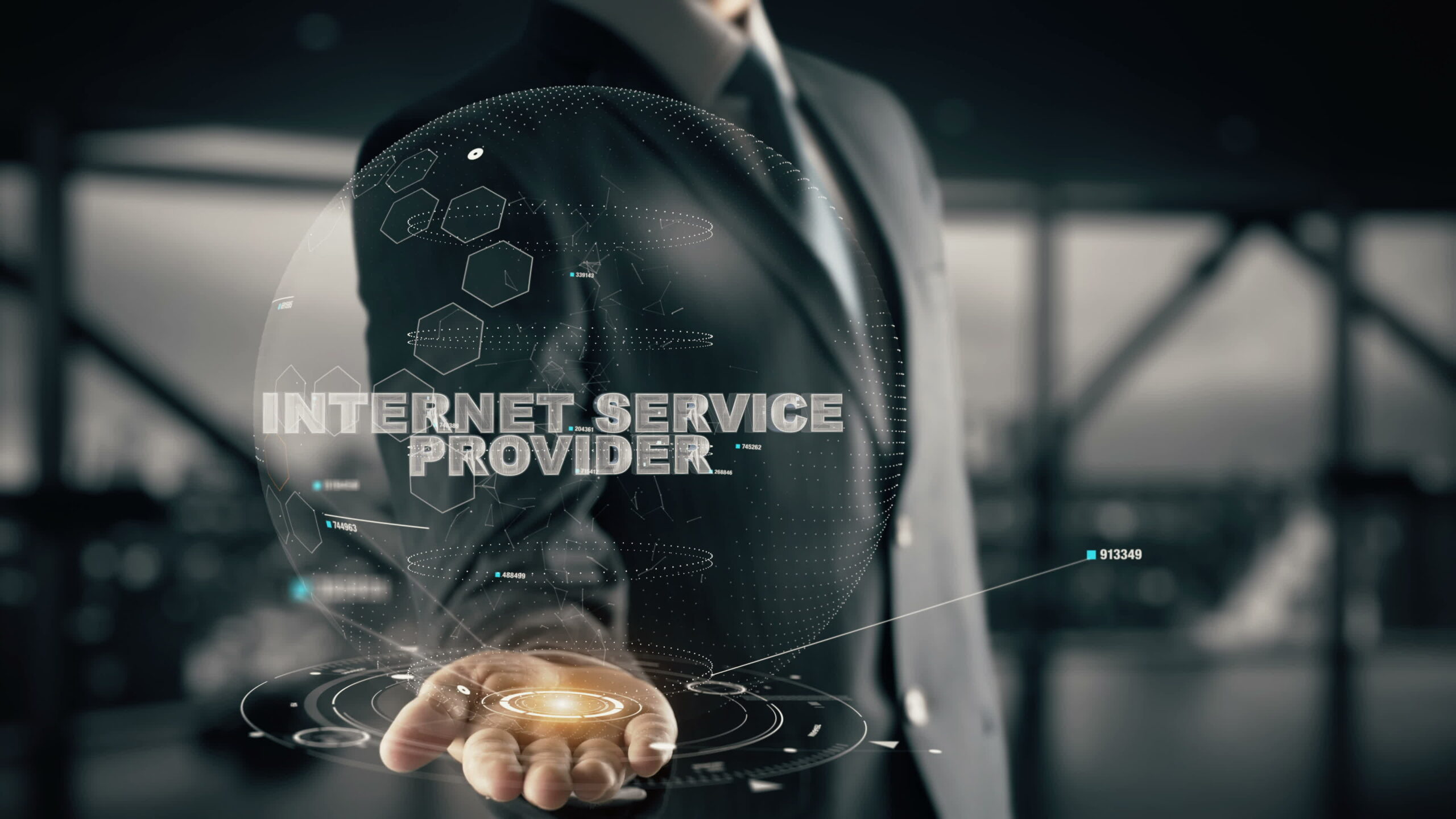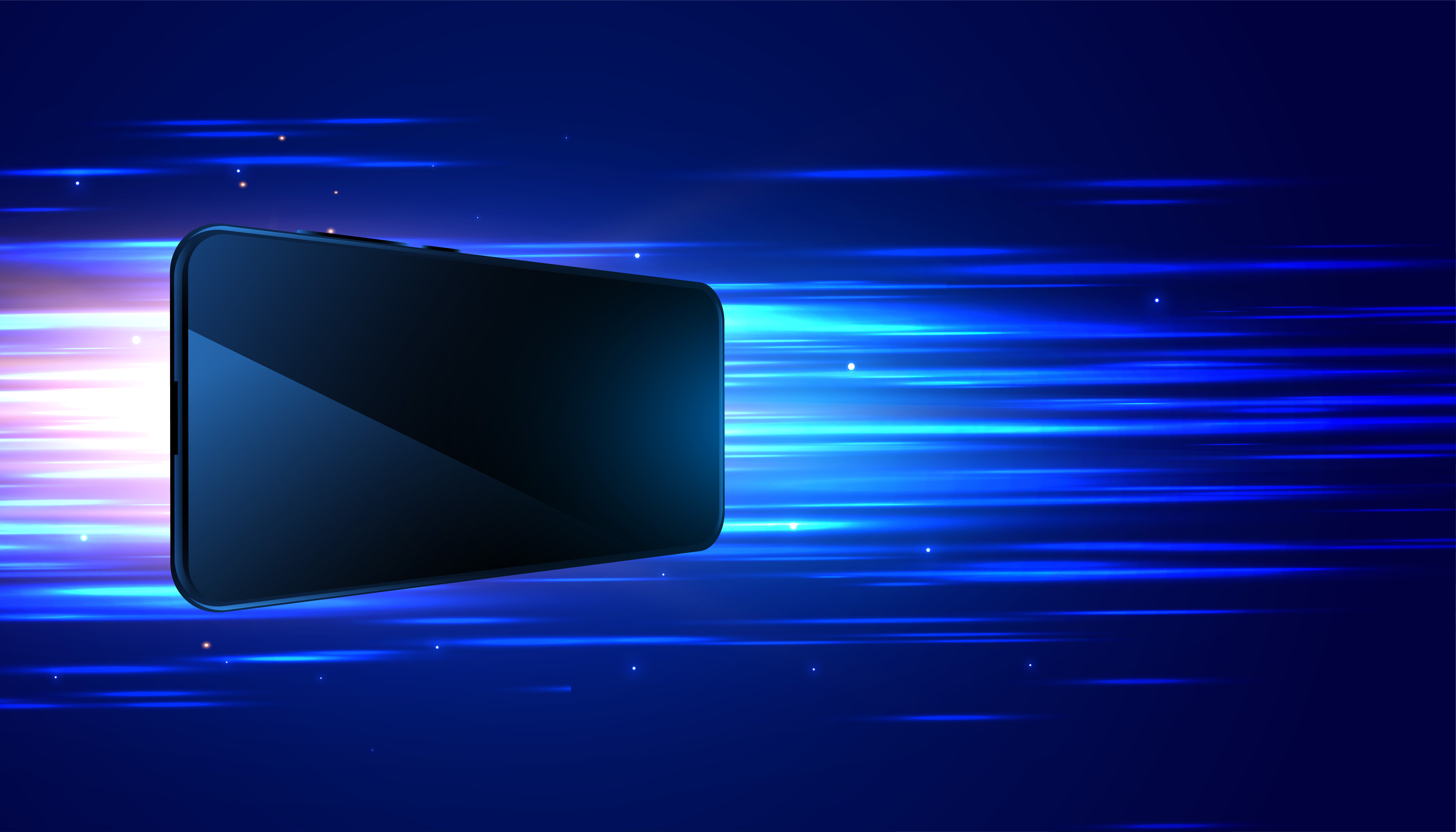Guide to Technology and Insomnia
Millions of people struggle with insomnia, and our mobile technology doesn't help. It is challenging to go to sleep, stay asleep, or go back to sleep after waking up due to this sleep condition. People who are impacted are unable to obtain enough sleep each night as a result.
When awake, those who encounter insomnia could feel worn out and short on energy. It can be difficult to focus at work or in school, and it can also impair mood and increase the risk of other health problems for persons who have it.
The two main types of insomnia
1) Short-term (acute) insomnia, can last for a few days or weeks.
2) Long-term (chronic) insomnia, which lasts for more than a month.
Some of the causes of insomnia
· medical issues
· adverse effect of medication
· mental health issues
· irregular sleep patterns
Technology disruptions
1) Blue light: Your body releases the hormone melatonin to tell your brain that it is time to go to sleep. Artificial blue light from screens on laptops, cellphones, tablets, and televisions inhibits melatonin production. Viewing screens within an hour of going to bed can have a bad effect on sleep since our eyes are not very effective at filtering out blue light.
2) Brain activity: Technology-induced stimulation can also make it more difficult to unwind, particularly if you use devices at night. Sleep disruptions might result from using a laptop, browsing social media or the news on your smartphone, or watching television.
3) Sleep disruptions: Even if you take care to avoid using your devices before bed, having them by your bedside table can still keep you awake at night if you get messages, emails, or other alerts. Since 72% of kids and teenagers say they use electronics while sleeping in their bedrooms, this is especially true for them.
How to relieve insomnia
Even though many people have insomnia at some time, there are steps you may do to enhance your sleep. Examining your sleeping patterns and adopting proper sleep hygiene are the first (and simplest) solutions.
"Sleep hygiene" refers to suggestions for good sleeping practices. They are generally beneficial for your sleep, according to Baron.
Good sleep hygiene and technology habits
1) Create a consistent schedule that tells your body when it's time to sleep.
2) A comfy mattress and a room temperature between 60 and 68 degrees will help you sleep well. Consider using blackout curtains to block natural light if you sleep during the day.
3) To create a quieter sleeping environment, try using fans, earplugs, or white noise machines.
4) Avoid caffeine and other stimulants right before night, and limit your alcohol consumption.
5) Regular daytime exercise will help you sleep better, and getting enough natural light while you're awake will help you keep a healthy circadian rhythm.
6) 30 to 60 minutes prior to going to bed, halt all use of computers, smartphones, tablets, and televisions.
7) To avoid waking up your partner or yourself, start utilizing an anti-snore device that moves your pillow when you snore.
8) To replicate sunset and tell your brain it's time to bed, incorporate light therapy into your nighttime routine.
9) Consider using a weighted blanket to help you feel less stressed and more at ease before bed.
The conclusion
Your health depends on getting enough peaceful, rejuvenating sleep. New technologies may be able to help you sleep better if you suffer from insomnia. Additional internet research on this subject and participation in online support groups can both be extremely helpful. These sleep innovations can help you get the rest you need to feel healthy and aware throughout the day, in addition to excellent sleep hygiene and working with your doctor to manage any insomnia caused by illnesses, mental health issues, or drugs.







